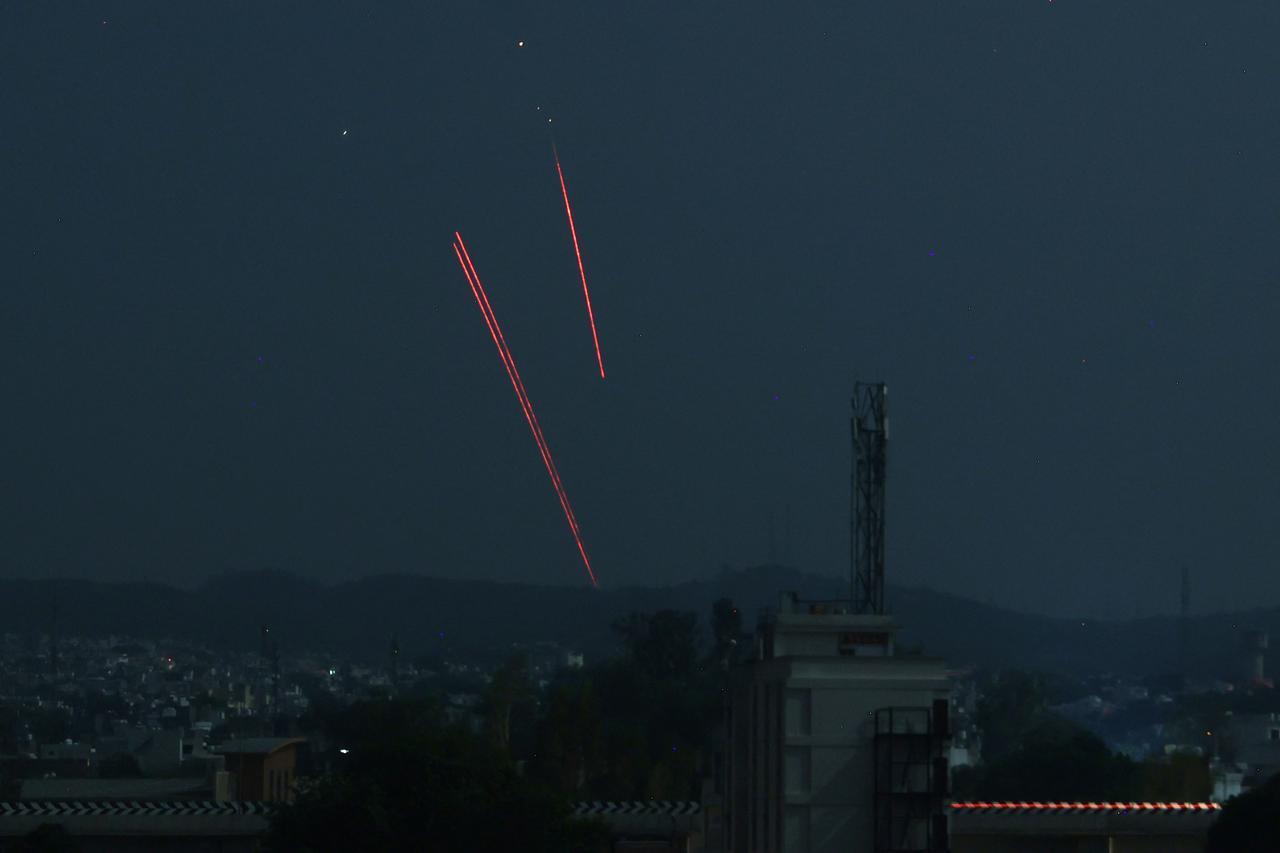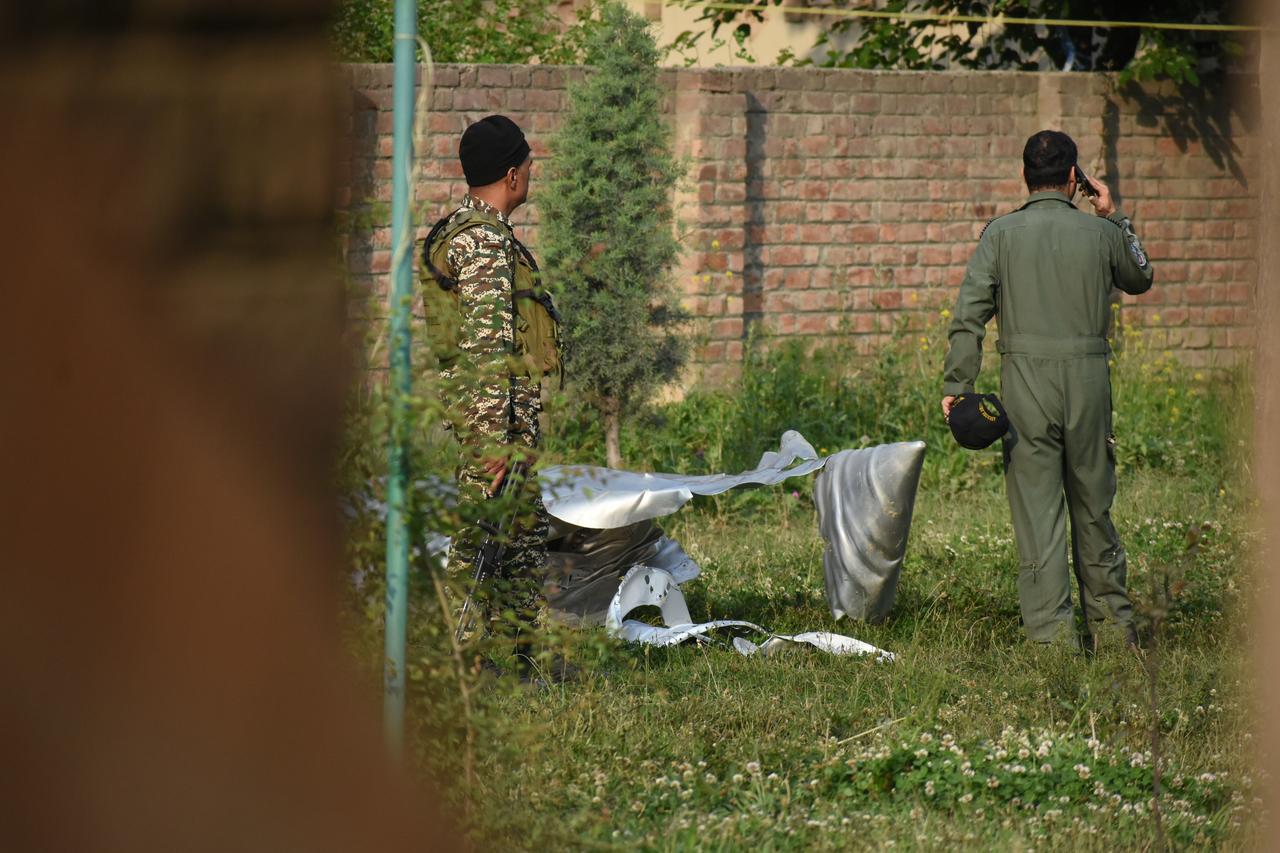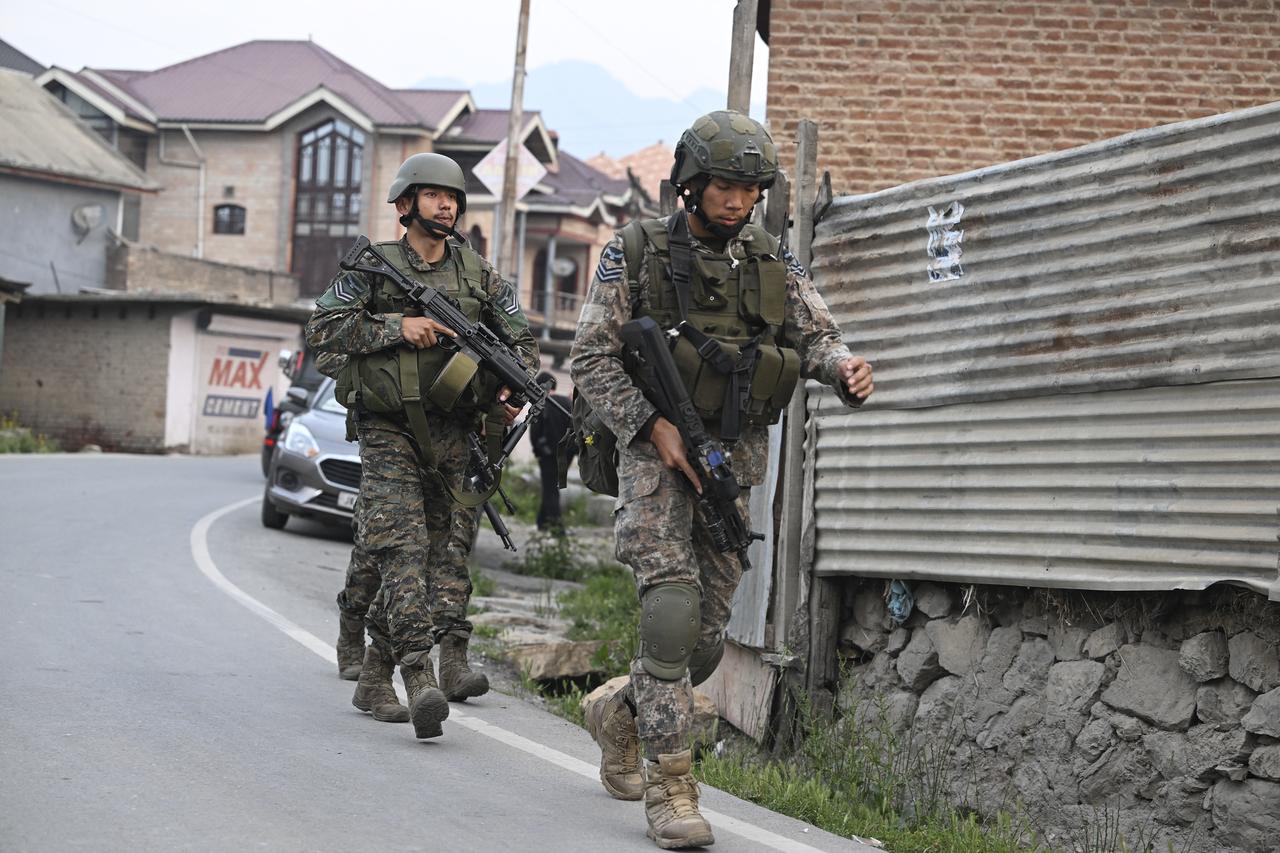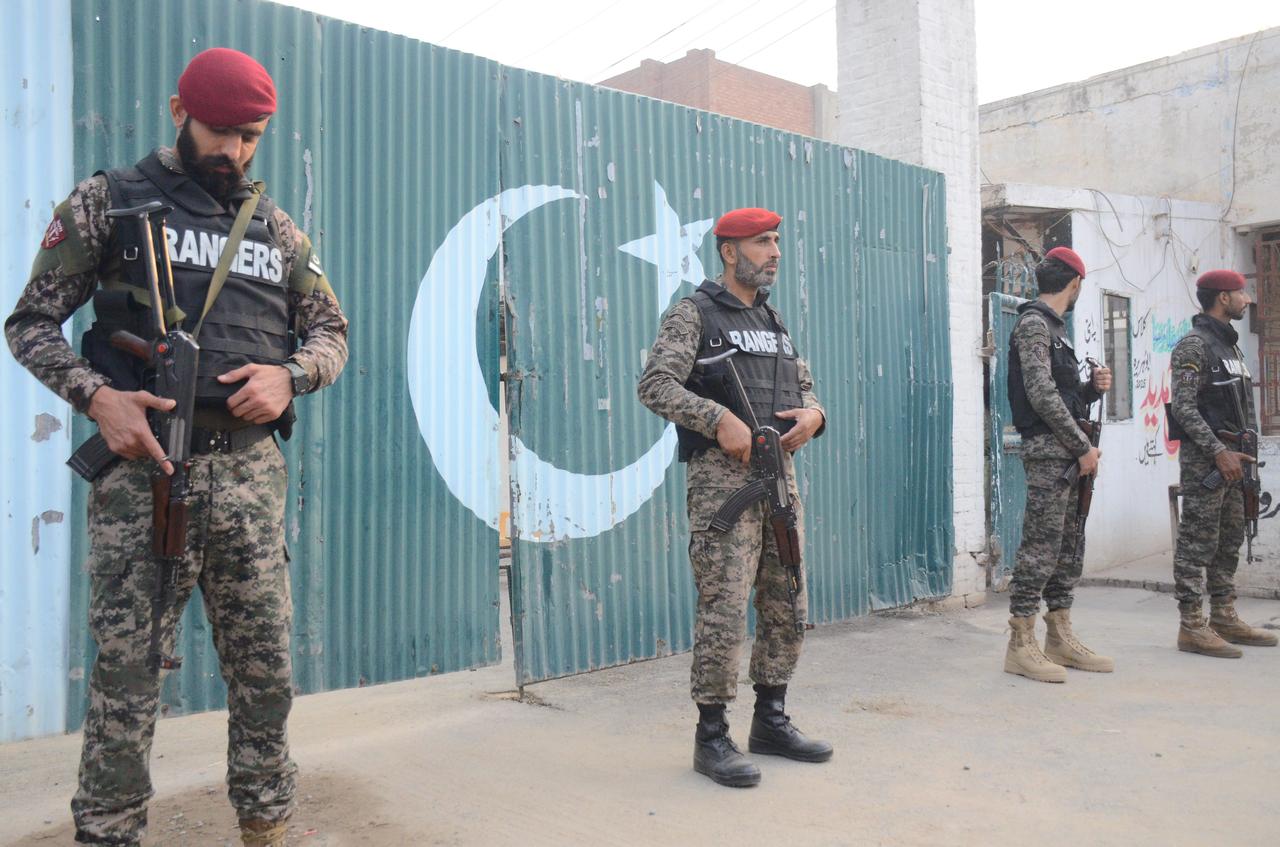
Indian Chief of Defense Staff General Anil Chauhan confirmed for the first time that Pakistan shot down Indian aircraft during their recent four-day conflict, while emphasizing that understanding the reasons behind the losses was more important than the downing itself.
Speaking to Bloomberg Television on the sidelines of the Shangri-La Dialogue defense meeting in Singapore, Chauhan responded to Pakistan's claims about shooting down Indian warplanes.
"I think what is important is that, not the jet being down, but why they were being down," Chauhan stated when addressing the aircraft losses.

Pakistan had claimed its jets shot down six Indian aircraft during the conflict. Chauhan called Pakistan's specific claim of downing six Indian warplanes "absolutely incorrect," though he did not specify the actual number of aircraft lost.
"We had to respond to defend Pakistan, and in a short time, our Air Force shot down a total of six Indian aircraft and one French-made Rafale drone aircraft, one MiG-29, and another aircraft," Pakistani Prime Minister Shehbaz Sharif stated during his address in Azerbaijan.
"Absolutely incorrect and this is not the information that is said to be important. What is important is why they fell. This is more important for us and what we did after that is more important," Chauhan said in response to questions about Pakistan's claims.

The Indian defense chief acknowledged that tactical errors occurred in aircraft operations but emphasized the military's ability to learn and adapt from the experience.
"The good part is that we are able to understand the tactical mistake which we made, remedy it, rectify it, and then implement it again after two days and fly all our jets, again targeting at long range," Chauhan explained.
This marked the first official Indian acknowledgment of aircraft losses, though a senior security source previously told Agence France-Presse (AFP) that three Indian jets had crashed on home soil without specifying the cause.

The conflict was triggered by a terrorist attack on April 22 in the Pahalgam region of Jammu and Kashmir, where 26 people were killed. India blamed the attack on militants backed by Pakistan, charges that Islamabad denied.
In retaliation, India launched missile strikes on May 6 against Pakistani territory and areas of Azad Kashmir controlled by Pakistan. Indian Prime Minister Narendra Modi named the military operation "Sindoor Operation" and characterized it as a "moment of pride."
The word "Sindoor" in Hindi refers to the "red powder that married Hindu women apply to their foreheads," according to Hindi dictionaries.
The two nuclear-armed neighbors declared a cease-fire on May 10 through U.S. mediation, ending what became their worst standoff since 1999. More than 70 people were killed during the four days of missile, drone, and artillery fire on both sides.
On May 11, a day after the cease-fire, India's Air Marshal A.K. Bharti told reporters that "all our pilots are back home," adding that "we are in a combat scenario, and that losses are a part of combat."
Both Pakistan and India have extended airspace restrictions affecting each other's aircraft through late June, according to statements from aviation authorities in both countries.
Pakistan's airport administration announced that the ban on Indian aircraft using Pakistani airspace, including military flights and aircraft registered in India or leased by Indian airlines, will remain in effect until June 24. Other international airlines are not affected by these restrictions.
India's Civil Aviation Ministry announced that restrictions preventing Pakistani aircraft from entering Indian airspace have been extended until June 23.